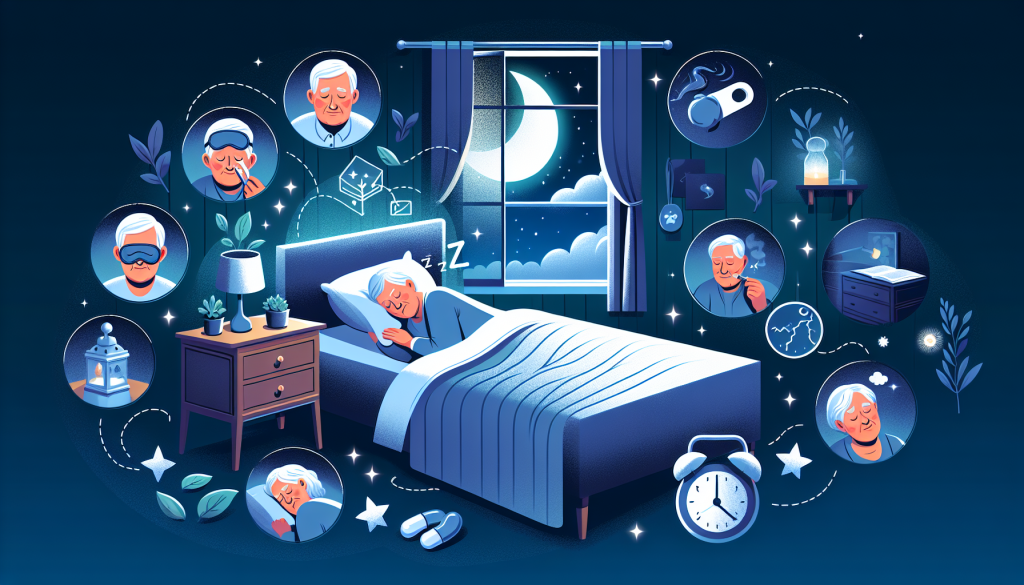
Golden Slumbers: Cracking the Code of Senior Sleep Issues
As we age, our sleep patterns and habits tend to change. Many seniors struggle with falling asleep, staying asleep, and getting enough quality sleep. This can have a significant impact on their overall health and well-being. In this article, we will dive into the world of senior sleep issues and explore the ways in which these golden slumbers can be cracked. So, if you or a loved one are struggling with sleep as you age, keep reading to find out potential solutions and insights to improve your sleep quality.
The Importance of Sleep for Seniors
Sleep is essential for everyone, regardless of age. However, as we get older, our bodies and minds require different amounts of rest. Seniors need around 7-9 hours of sleep per night, just like younger adults, but they may sleep for shorter periods and wake up more frequently during the night.
Quality sleep is crucial for seniors’ physical and mental health. It helps regulate hormones, improve immune function, and repair damaged cells. It also plays a significant role in memory consolidation, mood regulation, and cognitive function. Lack of sleep can lead to a host of issues, such as increased risk of falls, depression, and memory problems.
Common Sleep Issues in Seniors
As we age, our bodies go through changes that affect our sleep. Some common sleep issues that seniors may face include:
- Insomnia: Difficulty falling or staying asleep.
- Sleep Apnea: Pauses in breathing during sleep, leading to disrupted sleep and daytime fatigue.
- Restless Leg Syndrome (RLS): An uncomfortable sensation in the legs that triggers an urge to move, often causing difficulty in falling asleep.
- Nighttime Urination: Frequent need to use the bathroom, disrupting sleep.
Potential Solutions for Senior Sleep Issues
The good news is that there are solutions and strategies to help seniors improve their sleep quality. Here are some tips:
- Establish a Consistent Sleep Routine: Going to bed and waking up at the same time each day can help regulate the body’s sleep-wake cycle.
- Create a Comfortable Sleep Environment: Make sure your bedroom is cool, dark, and quiet. Invest in a supportive mattress and pillows.
- Avoid Heavy Meals and Stimulants Before Bed: Eating large meals and consuming caffeine or alcohol close to bedtime can disrupt sleep.
- Practice Relaxation Techniques: Activities like yoga, meditation, and deep breathing can help calm the mind and body, making it easier to fall asleep.
- Seek Medical Help: If sleep issues persist, it may be helpful to consult a doctor. They may recommend medication or a sleep study to identify any underlying conditions that may be causing the problem.
Conclusion
Sleep is a crucial aspect of overall health and well-being, especially for seniors. It’s essential to address any sleep issues and find ways to improve sleep quality to maintain a healthy and active lifestyle. By establishing a consistent sleep routine, creating a comfortable sleep environment, avoiding stimulants before bed, and seeking medical help if needed, seniors can crack the code of their sleep issues and enjoy golden slumbers once again.